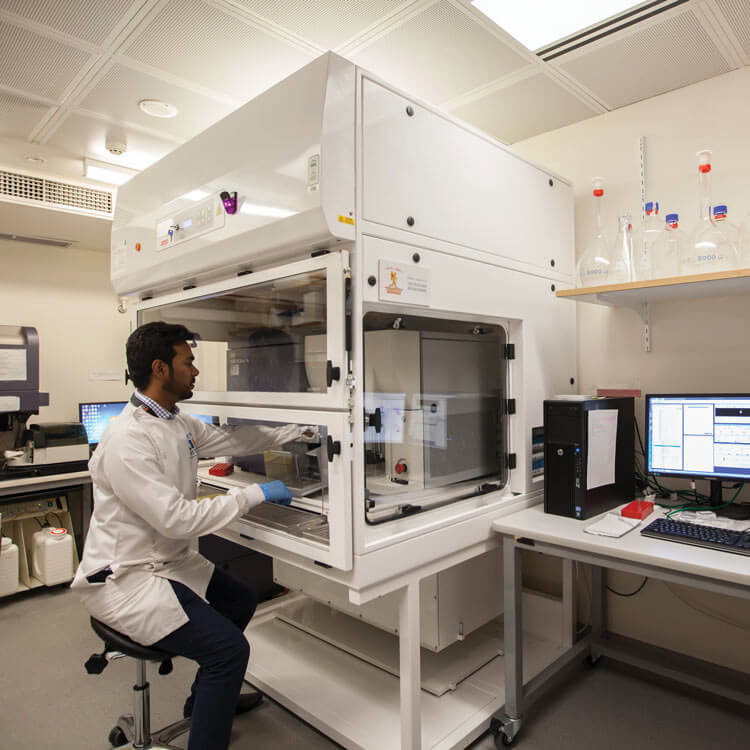Search

Structural determinants of long term functional outcomes in young children with cystic fibrosis BACKGROUND: Accelerated lung function decline in

Quantitative assessment of airway dimensions in youngchildren with cystic fibrosis lung disease using chestcomputed tomography Abstract Objective: To

Lung Clearance Index and Structural Lung Disease on Computed Tomography in Early Cystic Fibrosis Abstract Rationale: The lung clearance index is a

Dissecting the regulation of bile-induced biofilm formation in Staphylococcus aureus. Aspiration of bile into the cystic fibrosis (CF) lung has

The clinical utility of lung clearance index in early cystic fibrosis lung disease is not impacted by the number of multiple-breath washout trials

Elucidating the Interaction of CF Airway Epithelial Cells and Rhinovirus: Using the Host-Pathogen Relationship to Identify Future Therapeutic

Respiratory infection rates differ between geographically distant paediatric cystic fibrosis cohorts ABSTRACT Respiratory infections are a major
Research
Beyond Seizures as an Outcome Measure: A Global Severity Scoring System for CDKL5 Deficiency DisorderCDKL5 deficiency disorder (CDD) is a rare developmental and epileptic encephalopathy (DEE) associated with multiple impairments and comorbidities. Outcome measures for disease-modifying clinical trials for DEEs should measurably capture a spectrum of caregiver priorities and be externally validated.
Your generosity creates a significant impact on our research and on the lives of children everywhere

Little or large, every donation made to The Kids Research Institute Australia is precious.
